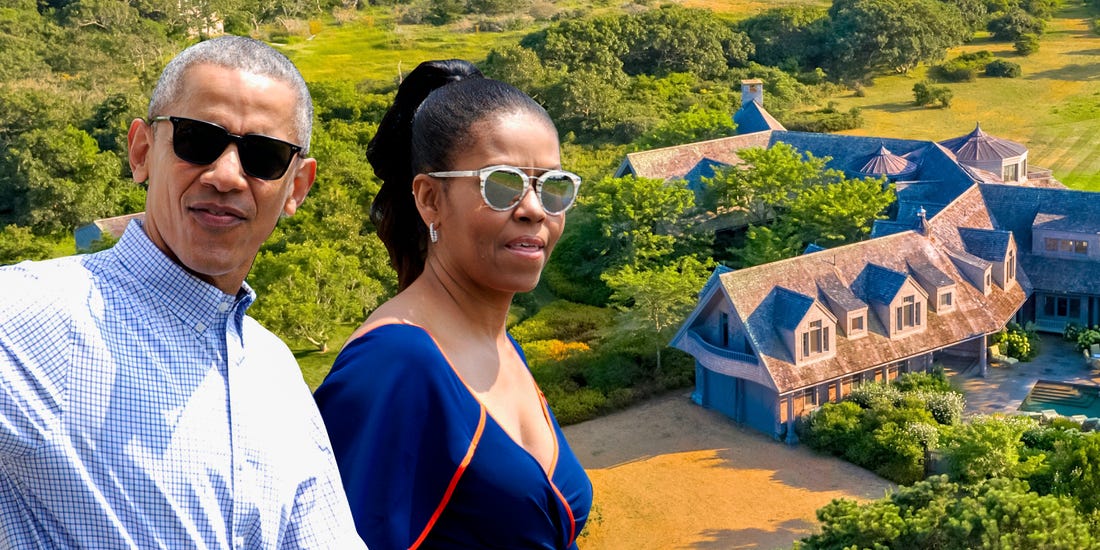MR. BECK: Good afternoon. And thank you, Counsel. Your Honor, we've been accused just now of wielding a political weapon.
MR. BECK: I was talking about the charter, because I was making the point that we're not just talking about a bedrock assumption of what it means to live in a democracy
THE COURT: Article IV -- or -- excuse me, Article V, Section 4.
THE COURT: Which is in paragraph 159 of your first-amended complaint.
-- the full transcript can be found here:
jampac.us/dnclawsuit/
And in "What Happened to Bernie Sanders", published by Hot Books.
More excerpts to come in the future.





